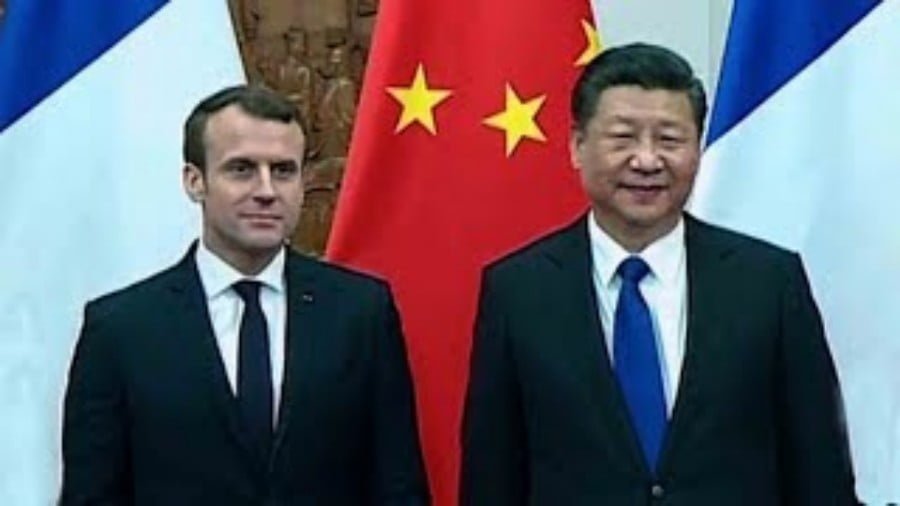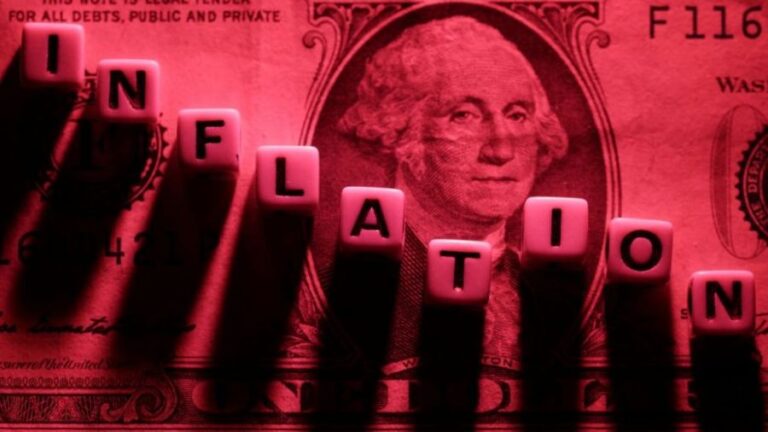France Risks More Than It Gains by Joining U.S.-led Anti-China Efforts
COVID-19, which has thus far killed over 1.4 million people globally; the alleged treatment of the Uighur minority; the neoliberal-supporting rioters in Hong Kong; and, the trade war with Washington, have all contributed to the deterioration of China’s image in the West. The majority of French people also have a negative image of China, according to the findings of a European study, which is curious as it opposes France’s own economic interests. The result of the study demonstrates that there was a successful culmination on the demonization of China by the West, especially in the Anglosphere, which in turn influences other countries in Western Europe and pro-American states around the world.
The perception of China was the subject of a vast survey carried out in September and October in thirteen European countries by the Czech Palacký University Olomouc, in partnership with the French Institute of International Relations (IFRI). And the result is interesting as 62% of French people have a negative image of China for only 16% of positive perceptions. The overwhelming negative sentiment towards China was also shared by Sweden, Germany, the UK, Czechia and Hungary. Spain, Slovakia, Italy, Poland and Latvia were more neutral towards China while Serbia and Russia had overwhelmingly positive views.
Interviewed by Le Monde, researcher Marc Julienne also observed that the French are more attached to “political than economic” interests. Thus the “first terms that come to the minds of those surveyed, apart from COVID-19, are ‘dictatorship’ and ‘authoritarian’” when they think of China. The French rank China last among trusted states and entities behind the EU, the U.S. and Russia, according to Julienne.
Such a radical opinion by Westerners against China is not surprising. One of the most determining factors in the construction of these public opinions is the posture of the direct and increasingly ideologized confrontation of U.S. President Donald Trump against China. Trump started with a trade war against China, blaming the Asian Giant for the end of U.S. manufacturing rather than the corporations that sought greater profits by using cheap labor in China. However, what started off as only a trade war against China ended up with direct attacks against the ruling Chinese Communist Party for its political and economic system.
Responding to Trump’s accusations of the “China virus,” Beijing’s diplomacy went on the offensive at the start of the year. In March, the Twitter account of the Chinese Embassy in Paris had mentioned the possibility that the U.S. was responsible for the COVID-19 pandemic. The Chinese ambassador, Lu Shaye, was even summoned by French Foreign Minister Jean-Yves Le Drian for his remarks publicly denigrating France’s abandonment of the elderly in the first months of the pandemic.
If Chinese diplomats ever dare to make arguments against the provocations of Western media and politicians, they are immediately described as aggressive. This is a demonstration of Western soft power, and the results of the survey are a testament to this. This is because there is an ideological alignment of the U.S.’ anti-China position which has been adopted by all Western media, a far cry from when they once adored the Cultural Revolution and Maoism at the height of the Sino-Soviet Split during the Cold War.
The demonization of China, that has spilled over into France and the majority of Western Europe, has been imposed by American diplomacy – this is whether they are backing and supporting neoliberal rioters in Hong Kong, constantly denouncing China’s alleged treatment of the Uighur minority, pushing COVID-19 conspiracy theories about the origin of the virus, or instigating a trade war. The media have been unanimous on China since the accession of Trump to the presidency. We of course cannot be massively surprised that public opinion towards China has been deeply influenced by Trump’s rhetoric and the media’s portrayal of the Asian country.
China has therefore become the scapegoat for Western countries to project their own internal crises, for example the poor handling of the COVID-19 pandemic in the U.S., or the endless protests like those by the Yellow Vests in France, or the bad treatment of minorities like Native Americans in the U.S. and Canada, or the lack of domestic manufacturing all across the Western World.
However, despite the constant antagonizations and provocations against China, economic ties have simply continued and developed. Beijing has once again opted to rhetorically react to provocations, but continue economic developments, presenting a major rift between the French political class and the economic elite. China is France’s second largest non-EU trading partner after the U.S., and is quickly rising through the ranks and even surpasses rich countries neighboring France like Switzerland and Belgium.
French President Emmanuel Macron believes that Europe stretches from Lisbon in Portugal to Vladivostok in Russia’s Far East close to the borders with China and North Korea. This is in the hope that in the future Europe will have direct access to Asia’s rising markets via the Eurasian landmass. Constant provocations by the French political elite have the risk of locking out the European country from reaching the pearl of all of Asia’s markets – China. By following the example of Trump and the U.S. media establishment, Paris risks a lot for virtually no gain by joining the U.S.’ anti-China initiative.







